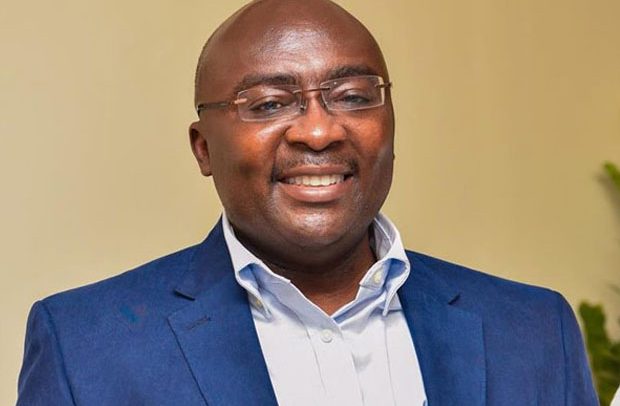Vice President Dr. Mahamudu Bawumia
The Vice President, Dr. Mahamudu Bawumia, has explained that the government will not bear the cost of the $12.5 million medical drone service deal it has entered into with Zipline International Incorporated.
According to him, the cost will be borne by what he termed as “corporate social responsibility.
Speaking at a conference organized by the International Monetary Fund (IMF) in Accra, Dr. Bawumia said the government’s financial obligation to the project will not be catered for by the 2018 budget.
He also revealed that the project will be implemented from the second quarter of 2019.
“If you have a snake bite and you are delivering [a baby] and don’t have blood, you are left at the mercy of death so we are going to do this in the second quarter of next year as Rwanda has done, and that will complement what we are doing. The Minister of Finance is also happy to know that Ghana is doing this through Corporate Social Responsibility. We are not going to do it on the budget of the government,” Bawumia said.
Parliament last week granted approval for the contract because it is an international transaction.
The move was met with rejection by a section of Ghanaians who believe it is not a necessity, but a waste of public funds.
But speaking on the issue at a conference organized by the IMF, Dr. Bawumia said the move is indicative of Ghana’s drive towards technological growth.
The government has said that the deal is a very important intervention in healthcare in the country as blood and essential medicine will be delivered easily to people who readily need it, especially in rural areas.
While the Minority in Parliament has described the deal as irrelevant, the Ghana Medical Association (GMA) among other reasons argues that the technology does not currently fit into the country’s healthcare sector.
The Association’s challenges, with regards to the incompatibility of the new service with the country’s healthcare system, appear to be justified by the prevailing circumstances on the ground.
Most of the facilities expected to take delivery of essential medicines and blood may not necessarily be equipped or mandated to administer some drugs and transfuse blood.
The GMA said it expected that any such intervention must be aimed at complementing existing efforts and not be treated as the single most important activity to solve the country’s health problems.
The Ghana National Petroleum Corporation [GNPC], is one of the agencies expected to bear the contract cost.
-Citifmonline


